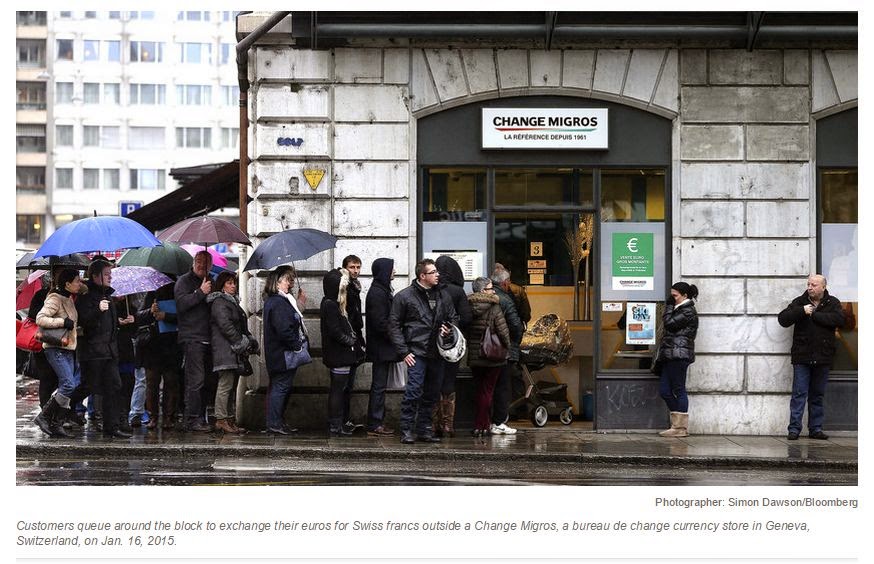Martin Wolf: The idea that the Greeks will run large fiscal surpluses for a generation, to pay back money creditor governments used to rescue private lenders from their folly is a delusion.
The idea that the Greeks will run large fiscal surpluses for a generation, to pay back money creditor governments used to rescue private lenders from their folly is a delusion. The loans supplied by the eurozone and IMF amount to the huge sum of €226.7bn But this went overwhelmingly not to benefiting Greeks but to avoiding the writedown of bad loans to the Greek government and Greek banks. Just 11 per cent of the loans directly financed government activities. Creditors have a moral responsibility to lend wisely. If they fail to do due diligence on their borrowers, they deserve what is going to happen. In the case of Greece, the scale of the external deficits, in particular, were obvious. So, too, was the way the Greek state was run. Martin Wolf, FT January 27, 2015

